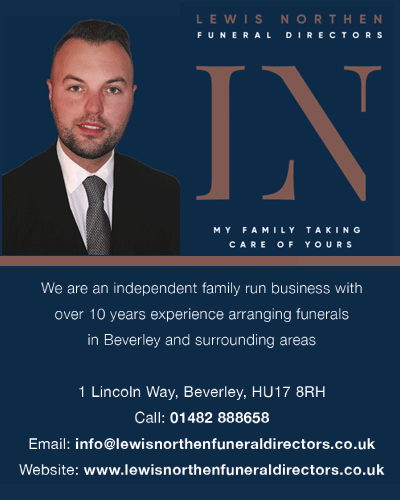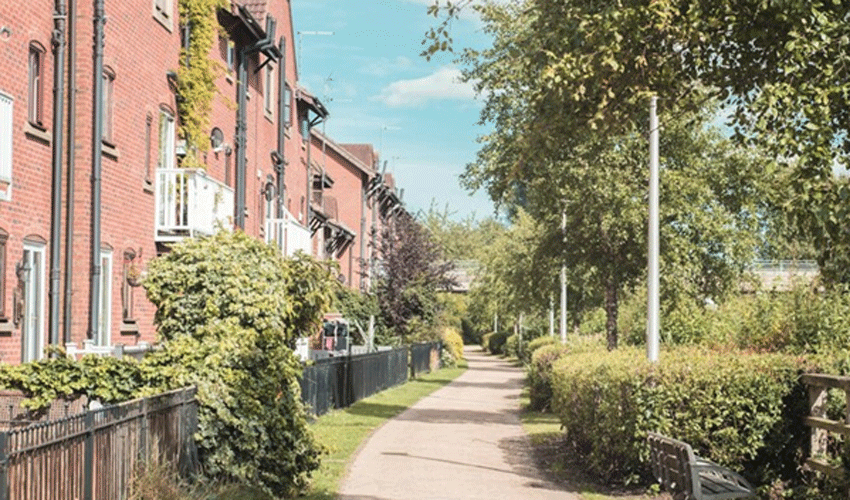The council has today set a budget for the next financial year (1st April 2110 to 31st March 2011) of £269 million, which requires a council tax at Band D of £1,212.20, an increase of £17.91 or 1.5 per cent.
The council tax increase is the lowest ever set by East Riding of Yorkshire Council and will mean that the increase for an average household will be less than £16 per year.
Although Band D is used as the benchmark national average council tax charge, more properties in the East Riding fall into the lower bands B and C. The council tax at these bands will be £942.82 (Band B) and £1,077.51 (Band C).
Councillors had as a basis for discussion a budget prepared by the council’s corporate management team which indicated a 3 per cent rise in council tax. However, this increase has been halved by taking money from various reserves and budgeting for a half per cent pay rise, which is in line with national expectations, and not from front line services.
As in previous years, setting a budget has been a challenging task, with the council needing to balance budget pressures, mainly arising from existing commitments or from legislation, against the requirement to make savings in other areas. Among the budget pressures are the costs of caring for vulnerable children and adults – in particular the large and growing elderly population in the East Riding – and the need to meet the Target 45 goal for the percentage of waste generated that is recycled by the year 2015.
Schools are funded separately through a specific and ring-fenced government grant. As part of its existing commitment, the government is ensuring that schools will receive a minimum 2 per cent increase in their budget. The actual amount for each school is determined by pupil numbers and these are still to be confirmed to calculate individual school budgets.
Councillor Stephen Parnaby OBE, leader of the council, said: “I believe this is a responsible budget based on sound principles and the council’s record of excellent financial management. It protects essential services while taking account of our residents and their ability to pay. We all work hard to limit the council tax increase, especially in these difficult economic times, but we face issues that are outside the council’s control. While the costs of providing services in a large but quite sparsely populated area like the East Riding are high, the level of national grant, which makes up the bulk of the available money, is low compared with other councils – around £100 per person below the national average and more than £300 per pupil below average for schools.
“Together with the inequitable way some £7.7 million of our grant settlement has been ‘clawed back’ by the Government, the result is that East Riding residents are having to pay more than they should and are in effect subsidising other parts of the country that do better through the national funding system.
“Nothwithstanding the financial challenge, I shall be working to deliver a similar or hopefully even lower council tax increase next year.”
Councillor Parnaby also warned that future funding for local government, as for all the public sector, was likely to be significantly reduced as a consequence of the fall-out from the global banking crisis and particularly as a result of the huge government debt.
He said: “Our budget for the forthcoming financial year is protected as part of a three-year government deal for local authorities, but for the future I am in no doubt that there will be reduced levels of public expenditure and we face challenging times.”
An extremely positive outcome of the 2010/11 budget is that the council will be carrying out its biggest ever building or ‘capital’ programme, with £148 million to be spent on improving essential infrastructure like roads, housing and schools. The programme has been boosted and accelerated by the fiscal stimulus of £100 million approved last year which is resulting in the council bringing forward many schemes to assist the local economy and support local businesses.
In addition, the council is undertaking a £33 million programme over the next year which will see the first new council homes in the East Riding for many years. Some 275 properties are to be built and more will follow as a result of additional funding that has been secured. This building programme will also help support local businesses and especially the construction industry.
The East Riding of Yorkshire Council council tax figures for 2010/11 are set out below (2009/10 in brackets) to which needs to be added the precept requirements of the Humberside Police and Fire authorities, town/parish council precepts and any special expenses. The Police and Fire precepts are due to be set in the next few days. These will be reported to a meeting of the Council on 24 February when the final council tax resolution will be approved.
Band A £808.13 (£796.19)
Band B £942.82 (£928.89)
Band C £1,077.51 (£1,061.59)
Band D £1,212.20 (£1,194.29)
Band E £1,481.58 (£1,459.69)
Band F £1,750.96 (£1,725.09)
Band G £2,020.33 (£1,990.48)
Band H £2,424.40 (£2,388.58)












